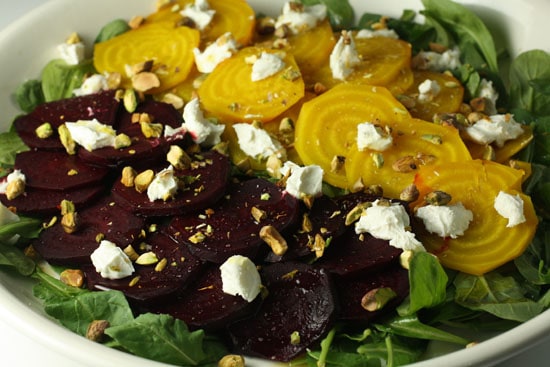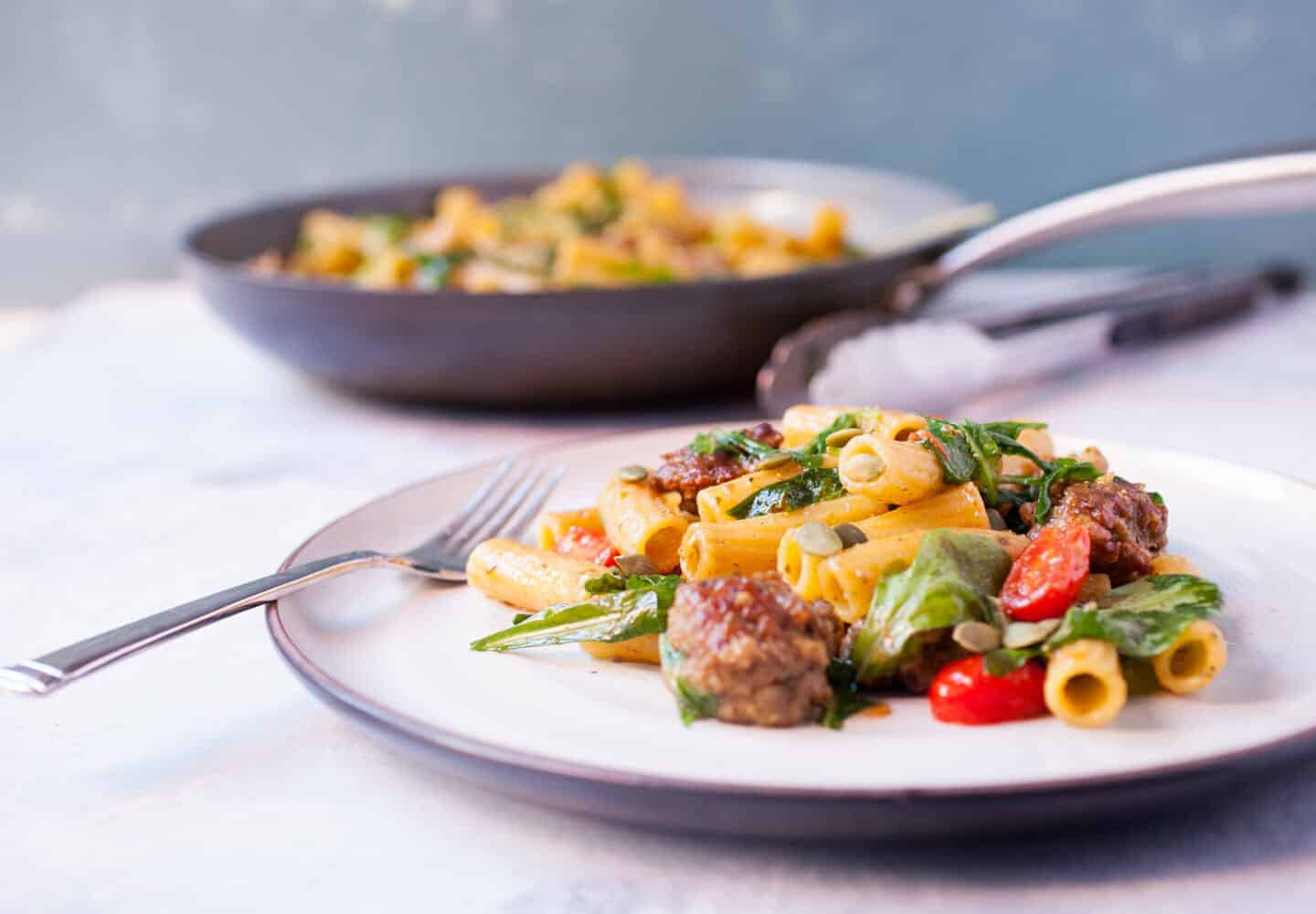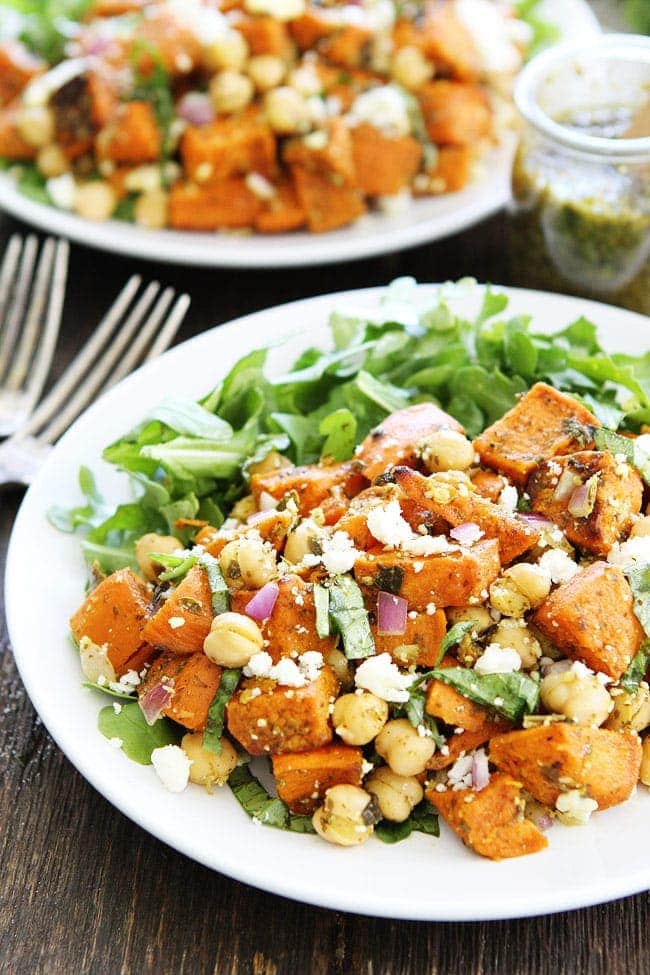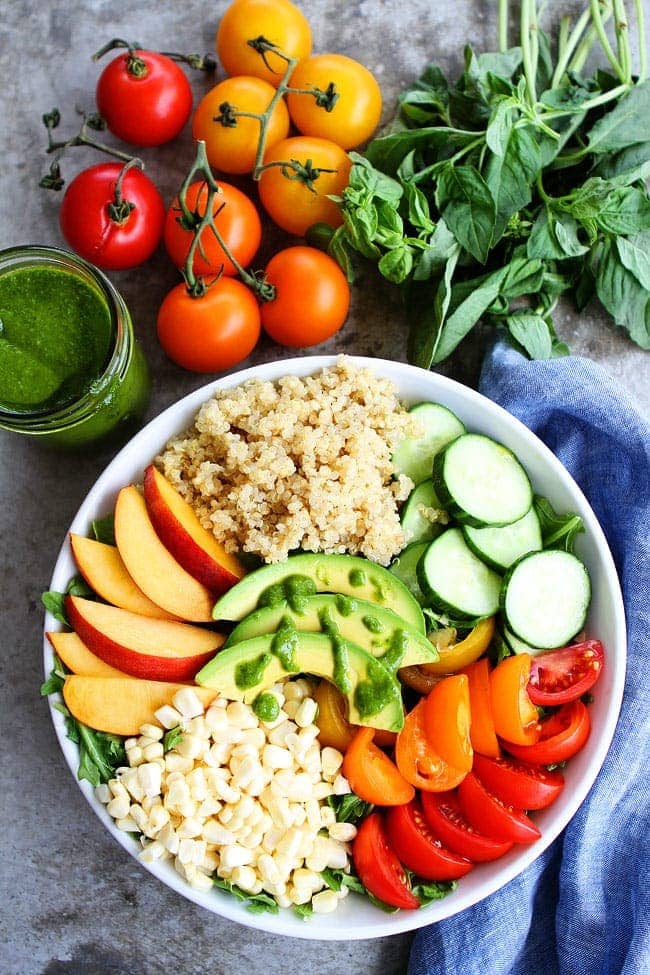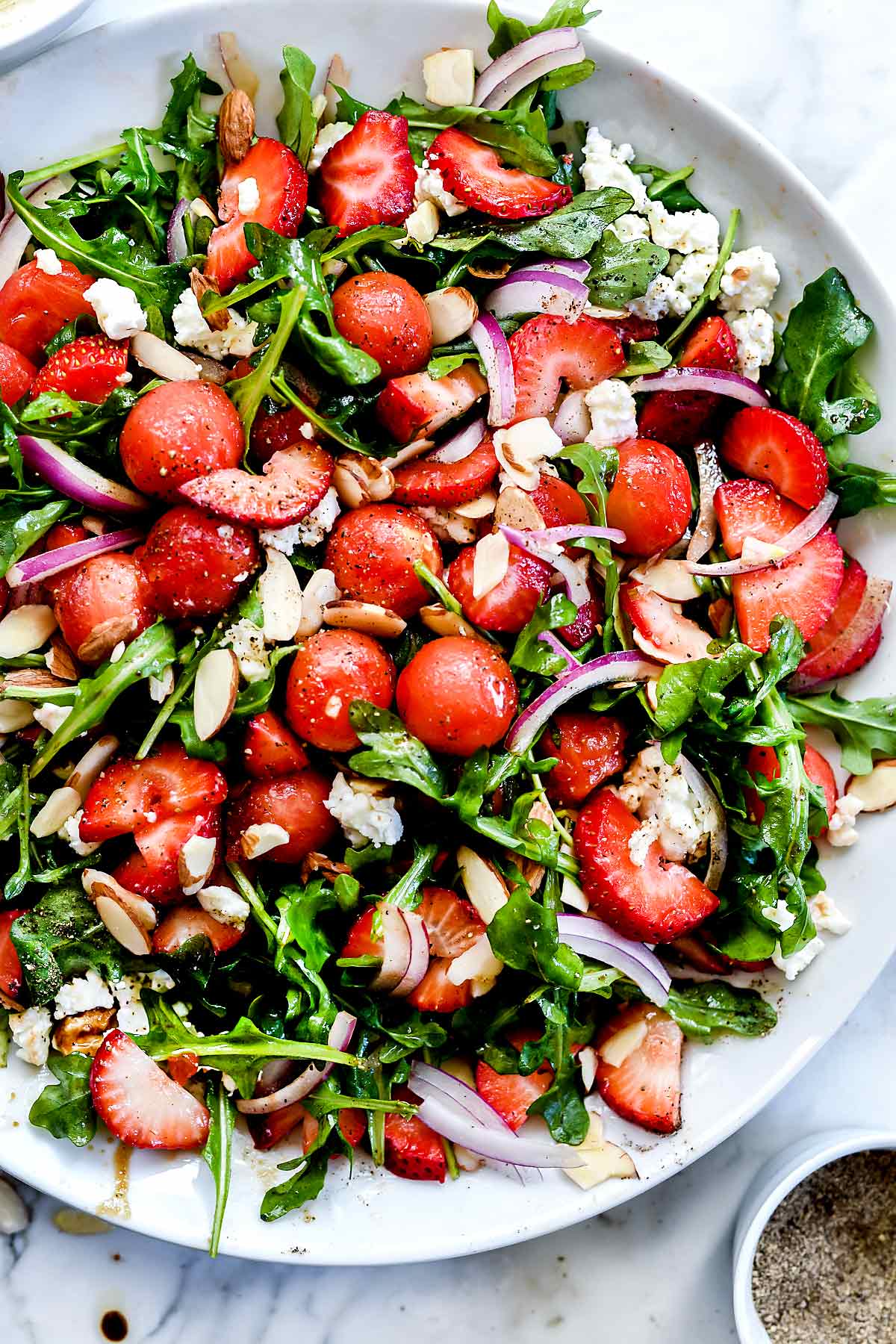Arugula: Important Facts, Health Benefits, and Recipes
Explore the health benefits, history, and culinary uses of arugula, a nutritious leafy green, and learn how to incorporate it into your diet for a healthier lifestyle.
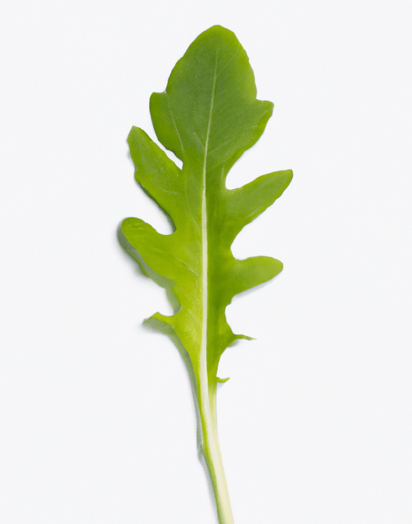
Nutritional Facts
0.5 cup
Amount per serving
Calories
2.5
Carbohydrates
0.4 g
Fat
0.1 g
Protein
0.3 g
Saturated Fat
0 g
Sodium
2.7 mg
Fiber
0.2 g
Sugar
0.2 g
Best Arugula Recipes
-

-

-

-

-

-

-

-

-
![Breakfast Salmon Sandwiches Image]()
-
![Braised Pork Shoulder Image]()
-
![Red and Gold Beet Salad Image]()
-
![Easy Pesto Pasta with Italian Sauce Image]()
-
![Ultimate Breakfast Pizza Image]()
-
![Tomato, Avocado, and Burrata Flatbread Image]()
-
![Pasta Salad with Sun-Dried Tomatoes, Artichokes, and Olives Image]()
-
![Bacon, Corn, and Tomato Pasta Salad Image]()
-
![Leftover Turkey Cranberry Melts Image]()
-
![Rainbow Vegetable Sandwich Image]()
-
![Avocado, Tomato, and Goat Cheese Toast Image]()
-
![Sweet Potato Chickpea Salad with Pesto Image]()
-
![Summer Quinoa Bowl Image]()
-
![Spring Quinoa Bowl Image]()
-
![Grilled Peach, Blueberry, and Goat Cheese Arugula Salad Image]()
-
![Mango, Strawberry, and Avocado Arugula Salad Image]()
-
![Arugula Pasta Salad Image]()
-
![Lemon Arugula Pizza Image]()
-
![Strawberry Arugula Salad with Watermelon and Feta Image]()
-
![Bagel and Lox DIY Brunch Bar Image]()
-
![Arugula Salad with Shaved Parmesan Image]()
-
![Italian Chicken Wrap Image]()
-
![BLT Pasta Salad with Avocado Image]()
-
![Truffled Mushroom Pizza Image]()
-
![Tuscan Tuna and White Bean Salad Image]()
-
![Peach Panzanella Salad with Burrata and Bacon Image]()
-
![Citrus Shrimp and Avocado Salad Image]()
-
![How to Make a Killer Caprese Salad Platter Image]()
-
![Mediterranean Quinoa Salad Image]()
-
![Autumn Cobb Salad Image]()
-
![Grilled Flatbread with Peaches and Arugula Pesto Image]()
-
![How to Make Arugula Pesto Image]()
-
![Ham and Smoked Gouda Grilled Cheese Breakfast Sandwich Image]()
-
![Grilled Vegetable Sandwich with Herbed Ricotta Image]()
-
![Avocado Caprese Salad Image]()
-
![Berry with Arugula and Prosciutto Pizza Image]()
-
![Kennebunkport Lobster Grilled Cheese Sandwich Image]()
-
![Avocado Caprese Wrap Image]()
-
![Stetson Potato Salad Image]()
-
![Burrata and Roasted Asparagus and Tomato Salad Image]()




